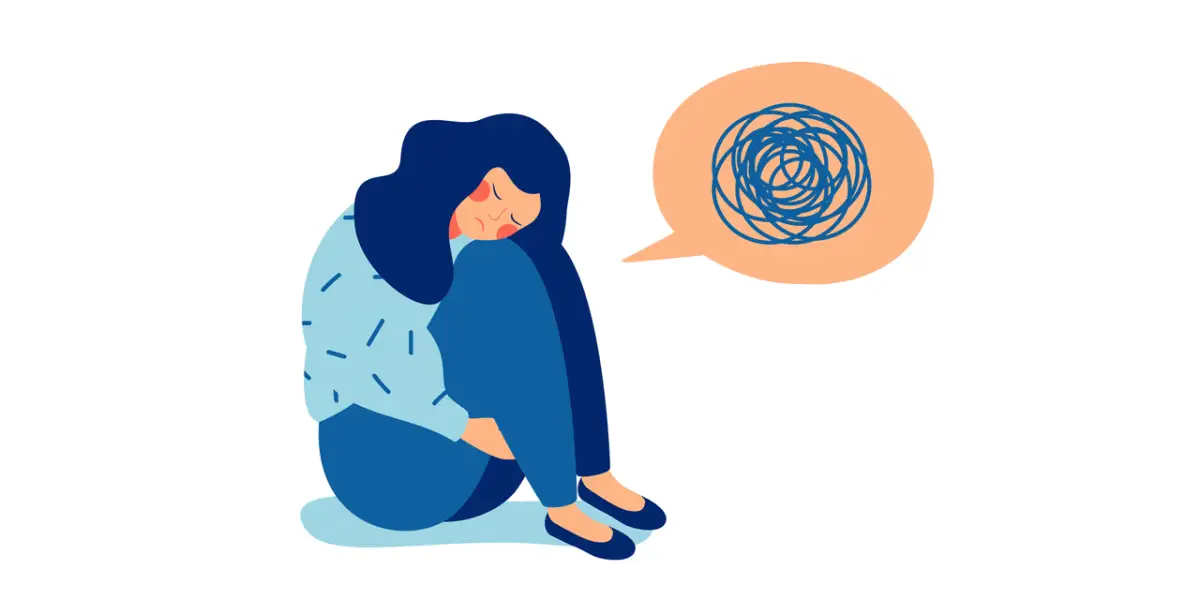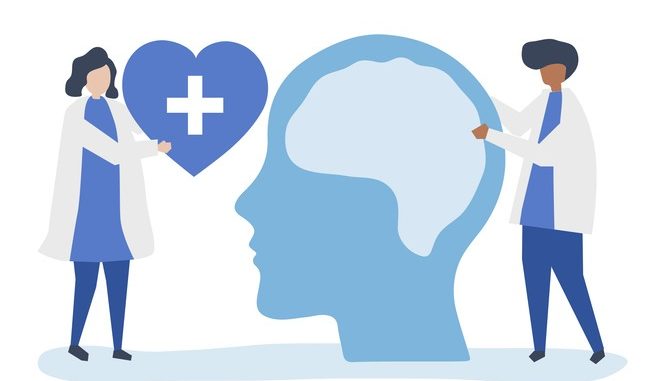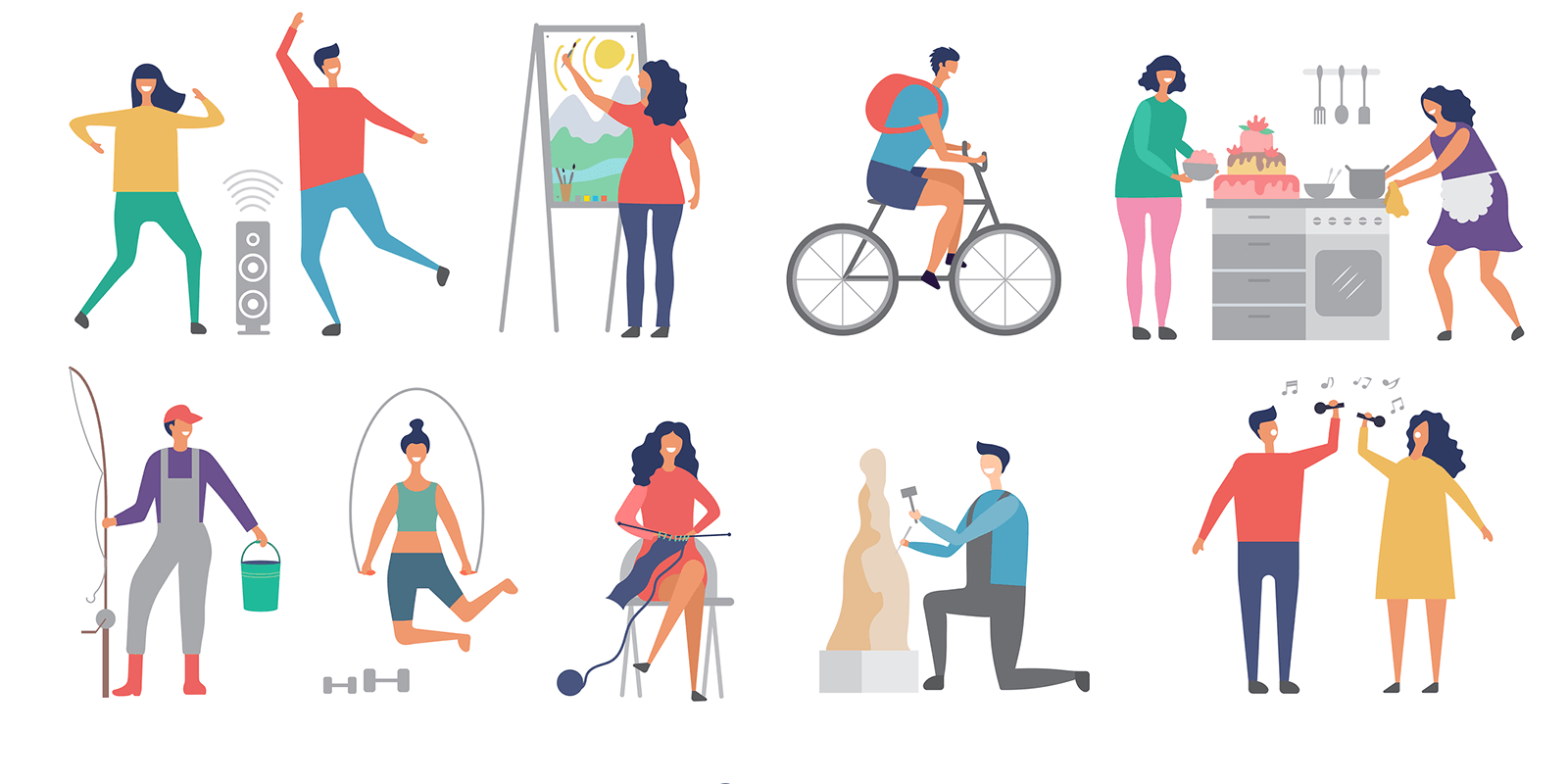STRESS! Almost everyone experiences stress once in a while. Do you recognize the feeling that more is expected of you than you can achieve? Whether at work, at home, or, for example, on social media.

Children and family can be a lot of stress, but there can also be persistent pressures at work or in your free time. Maybe you are sick or you have a loved one who is sick.
You may be struggling with a relationship that isn’t going well. Or maybe financial problems are keeping you awake or living in an environment of war or violence. There are so many circumstances that can cause tension in our bodies.
STRESS: Physical and mental problems

Everyone goes through stressful periods. If you can calm down afterward, then there is not much to worry about. But if you live too long under stress and get too little rest, your body will protest.
You get complaints such as headaches, muscle pain, and sleeping problems. You become irritable and still feel tired when you get out of bed. You may also feel gloomy or sad.
You can become unkind to other people and you may also withdraw because contact with other people costs you too much energy. Your work takes more effort and it is often difficult to concentrate.
Read Also: Kanye West’s Twitter Account Suspended, Elon Musk Says “I Tried My Best”
Sometimes life just doesn’t seem so nice anymore and the prospect of improvement seems far away.
Not everyone is equally sensitive to stress. Especially if you want to do things right and pay little attention to the things that are already going well, you are more likely to become stressed.
Doing more than you can actually handle will eventually make you less effective. Research shows that people who work many hours under pressure, end up getting less work done per hour. It can also lead to feelings of depression and anxiety as well.
TIPS TO STRENGTHEN MENTAL HEALTH
- MAKE TIME FOR YOURSELF

Find a resilient role model that you feel is mentally strong, this could be a friend, family member, or even a co-worker. Spend time with them and learn how they respond to challenging situations in their life. If you feel comfortable, ask for advice on the difficulties you’re facing.
2. FIND A SUPPORT NETWORK

Being physically active releases those feel-good endorphins, and dopamine, and promotes the expression of brain-derived neurotrophic factor (BDNF) that can enhance your sense of well-being and reduce stress. Consider making time for your physical well-being by sticking to a healthy sleep schedule, picking nutritious meals, or taking part in stress management technique
3. ENHANCING SKILL SET

Learning through adversity or failure is key to training your brain for the next challenge in your life. If you can recognize, accept, and aspire to grow, you’re inadvertently helping yourself for future situations. This is called strengthening your growth skillset. For example, purposely identifying something that you could fail at – like trying a new recipe or skill –and testing your ability to be agile in the process. Practicing failure will allow you to be mentally nimble and regulate your brain’s flight or fight response when challenges come your way.
4. PURSUE A HOBBY

Help to remind yourself of the meaning of your life and the lives of others through purposeful activity. By actively pursuing a purposeful activity you can inadvertently help reset your thinking. For example, participate in a community event that has a common purpose or goal rather than passively scrolling social media or a newsfeed.
5. PSYCHOTHERAPY

Also known as talk therapy or psychological counseling, psychotherapy involves working with a therapist to reduce your anxiety symptoms. It can be an effective treatment for anxiety. Check out the NGO project foundation for free 24/7 helpline & support.
6. QUIT!

Quit smoking and cut back or quit drinking caffeinated beverages. Both nicotine and caffeine can worsen anxiety.
7. LIFESTYLE CHANGES

Make sleep a priority. Do what you can to make sure you’re getting enough sleep to feel rested. If you aren’t sleeping well, see your doctor.
Eat healthily. Healthy eating — such as focusing on vegetables, fruits, whole grains, and fish — may be linked to reduced anxiety, but more research is needed.
8. KEEP A JOURNAL

. Keeping track of your personal life can help you and your mental health provider identify what’s causing you stress and what seems to help you feel better.
9. TAKE A DEEP AND CONSCIOUS BREATH

Deep breathing is a simple and efficient way to reduce your stress levels and regain control of your mind. When you start feeling overwhelmed at work or in any other environment, sit down and take a few deep and conscious breaths.
Breathe in until you feel your diaphragm expand and then slowly let out your breath. You can focus on breathing by slowly counting to five or ten while you take a breath in and then counting to five or ten while you exhale.
10. STAND AND STRETCH

When you work in an office environment, you may have limited opportunities to move and exercise throughout your day. That can raise concerns about your physical and mental health because it makes you feel trapped, and annoyed or cuts into your focus.
A simple way to cut through the challenge of staying focused throughout your day is simply standing up and stretching on a regular basis.
Ideally, you want to stand up every half hour or 15 minutes for a short time period. The stretching will keep your circulation moving and standing breaks up the monotony of your day.
If you have time for a short walk, then take a short walk through your office. Get a glass of water or take a trip to the restroom before returning to your desk.
The movement reduces the tension that develops when you stay in one position for an extended period.
- HUMAIRA FAIZ MANSURI













